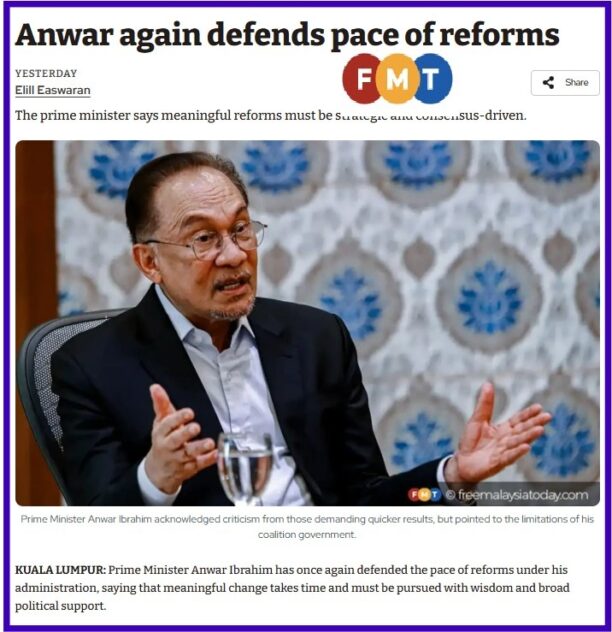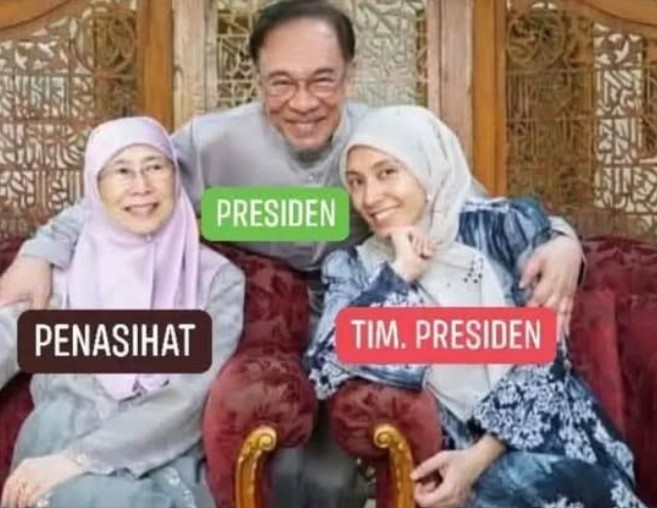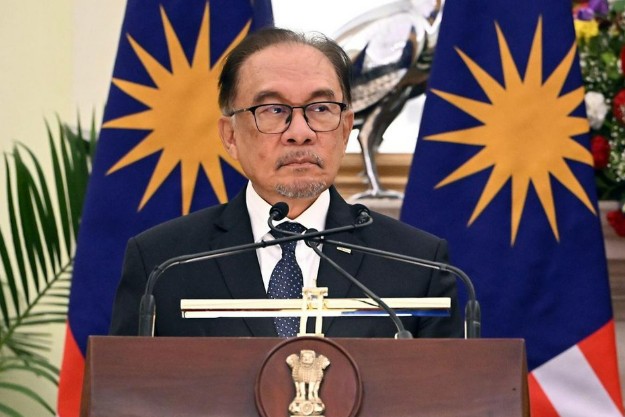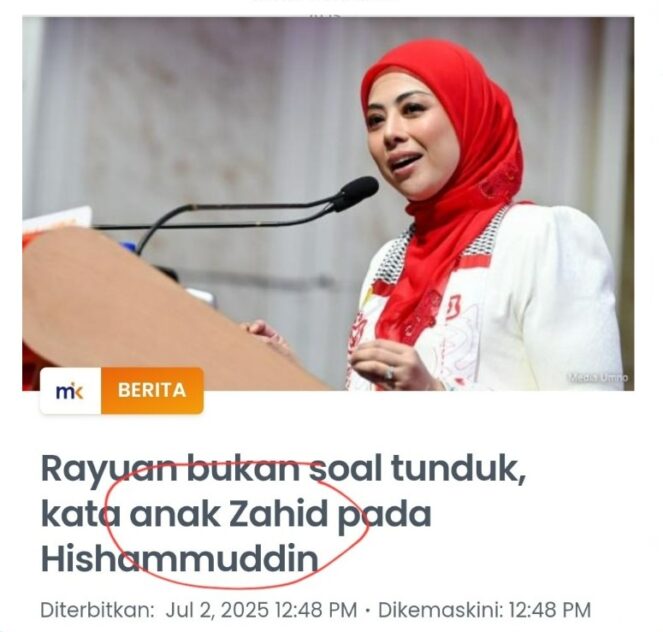PRIME Minister Datuk Seri Anwar Ibrahim insists that reforms are being pursued “strategically” and “on the basis of consensus”,
He further acknowledges that reforms are indeed underway – but in a “paced manner”. The justification – as he frames it – lies in the lack of a strong parliamentary majority for Pakatan Harapan (PH), hence making bold reform efforts politically untenable.
But if these reforms are merely being paced, then Malaysians deserve clarity. What exactly are these reforms?
Which have been implemented, which are on-going and which are deferred? After more than two years in power, it’s no longer sufficient for Anwar to speak of reforms in vague terms.
His administration should be able to articulate the conceptual and legislative groundwork laid down so far.

Reforms lacking consensus?
Anwar and his supporters were once at the forefront of calls for radical institutional change. From his days in the opposition and through the Reformasi movement, he championed transparency, accountability and justice.
But now that he has reached the pinnacle of power, those once-thunderous calls for reform appear to have faded into whispers.
Where are the cheerleaders now? Where is the same ferocity, the same unwavering conviction? If reforms are being “paced,” why does this feel more like political inertia than strategic governance?
Anwar claims reforms must be both strategic and consensus-based. Does this imply that the current reforms lack strategy or the needed consensus? If so, what efforts are being made to build either?

Ironically, Anwar now enjoys a comfortable parliamentary majority with no imminent threat of collapse. So why the hesitation? Why the prevarication? Unless, of course, the real problem is the absence of clearly defined reform goals to begin with.
To many Malaysians, it is becoming increasingly clear: the pursuit of the premiership may have overtaken the pursuit of reform.
Family politics
Having ascended to the highest office, Anwar and his administration seem more preoccupied with preserving power than with dismantling the old structures they once condemned. Power, it seems, has dulled the urgency for change.
There is also a growing perception that party leadership is being consolidated within the Anwar family, suggesting that internal power dynamics are taking precedence over national transformation.

Meanwhile, economic improvements tied to global trade or foreign investment are not the same as home-grown, structural reforms.
The notion of “phased reforms” rings hollow when there is little to show for it. Instead, it conjures the image of a government basking in power, disconnected from the promises made to the people.
Discontent is growing. Some even suggest that Anwar should temporarily step aside while civil suits against him are adjudicated. Whether or not this happens, one thing is clear: Malaysians expected more – and rightly so.
If this administration continues to prioritise survival over substance, Anwar may well secure a second term but at the cost of his legacy as a reformist.
The window for real, lasting reform is closing. And when it does, history will remember not just the promises made – but the silence that followed. – June 11, 2025
Former DAP stalwart and Penang chief minister II Prof Ramasamy Palanisamy is chairman of the United Rights of Malaysian Party (Urimai) interim council.
The views expressed are solely of the author and do not necessarily reflect those of Focus Malaysia.
Main image credit: Bloomberg









